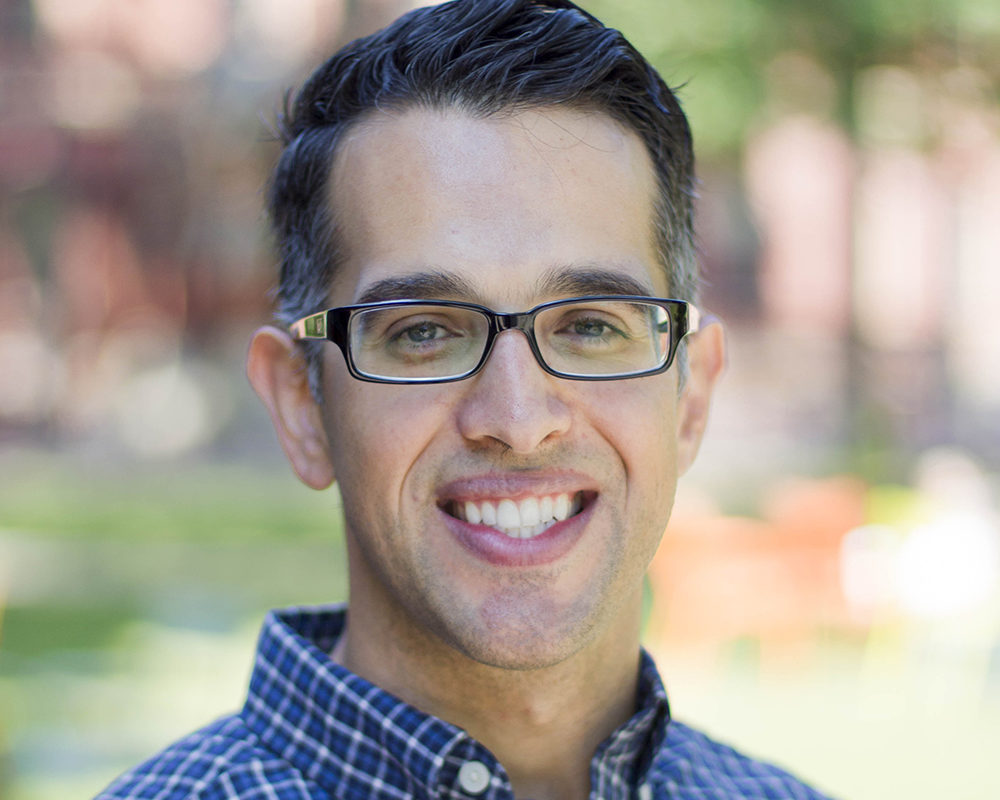
Most senior citizens don’t have bulging biceps. USC Stem Cell scientist Albert Almada is uncovering the reasons why with support from a $125,000 grant from the American Federation for Aging Research (AFAR) and Glenn Foundation for Medical Research.
Almada is one of nine early-career faculty to receive the 2022 awards, which support research focused on aging processes and age-related diseases.
“It’s a fact of life that our muscles gradually deteriorate as we get older,” said Almada, who is an assistant professor of Orthopaedic Surgery, and Stem Cell Biology and Regenerative Medicine at USC. “This seems to be due, in part, to a declining ability of our muscle stem cells to fully restore our muscles after injury, and we want to know why this happens.”
To solve this mystery, Almada’s laboratory is taking a close look at an enzyme and a vitamin known as Nicotinamide Adenine Dinucleotide, or NAD+, which work together to activate stem cells to repair damaged muscles. As muscles age, levels of NAD+ decrease. Almada and his team will use the grant to explore whether these lower levels of NAD+ are inactivating the stem cell repair process, and whether re-activating the process will promote better muscle healing in older animals.
The grant program is funded in part by the Glenn Foundation for Medical Research, which aims to extend the healthy years of life by supporting research about the biology of aging, and AFAR, which funds pioneering biomedical research to promote longer and healthier lives. Additional support comes from The James A. and Dorothy R. Brunn Foundation, The Irene Diamond Fund, The Charina Foundation, David W. Gore, Lowell Johnson, Diana Jacobs Kalman, Diane Nixon/Deeds Foundation, Sami Sagol, The Irving S. Wright Endowment, and an anonymous donor.
“The Research Grant for Junior Faculty provides flexible support at a critical juncture in an early investigator’s career when research funding is most difficult to obtain,” said Stephanie Lederman, EdM, Executive Director of AFAR. “Supporting promising researchers early is essential for long-term impact.”
Mark R. Collins, President of the Glenn Foundation for Medical Research, added, “The Research Grants for Junior Faculty provide a solid foundation for junior investigators to help evolve our understanding of the basic biology of aging, which will help extend our years of health as we grow older and advance better therapies for age-related diseases.”
